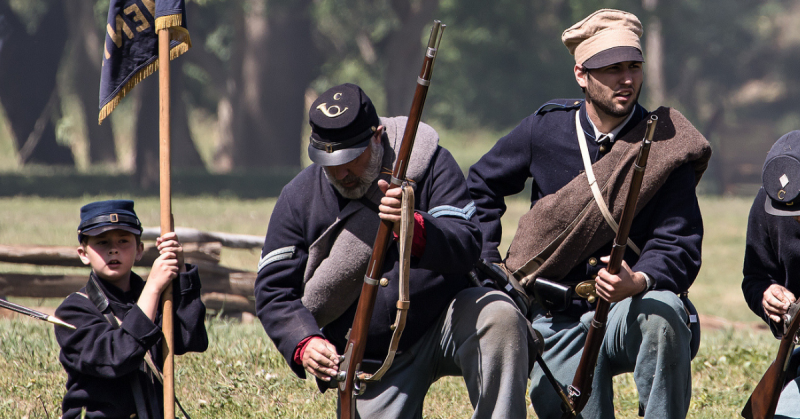In April of 1861, Charlie King was giddy with war fever. During those heady days immediately after the first shots were fired at Fort Sumter, King’s entire town of West Chester, Pennsylvania, succumbed to the excitement.
Regiments drilled on the town square. Soldiers paraded down the streets. Signs went up all over town: “Recruits Wanted” and “Rally to the Flag.”
Charlie King ached to be involved. He loved spending time among the soldiers. Because he was still a schoolboy, he realized that the infantry—and his very own musket—was not in the cards. So he dreamed instead of becoming a drummer. The army was quickly filling up with young drummers. Late into the night, Charley tap tap tapped on his headboard, marking time.
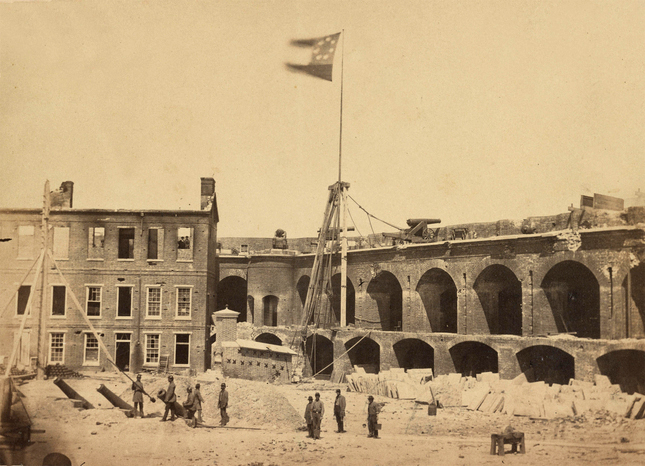
Only ten days after Sumter, Charley accompanied the 9th Pennsylvania regiment as far as Harrisburg. His parents, Pernell and Adeline King, traveled to the capital to retrieve their eldest son.
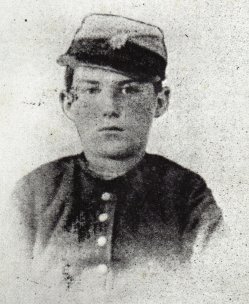
Soon enough, another military unit, Company F of the 49th Pennsylvania, began forming up in West Chester. He begged his parents to let him join. A captain with the company suggested to Pernell and Adeline that enlisting as a drummer boy was truly a sensible option. Drummers are noncombatants, he assured them, and remain behind the lines, safe from harm. Though filled with worry, Charley’s parents allowed him to join the Union army.

Charley accompanied his regiment to Virginia. There, he participated in the Peninsula Campaign, and was involved in eight different battles. By 1862, young Charley was a veteran. He comported himself so well that he was promoted to a drum major.
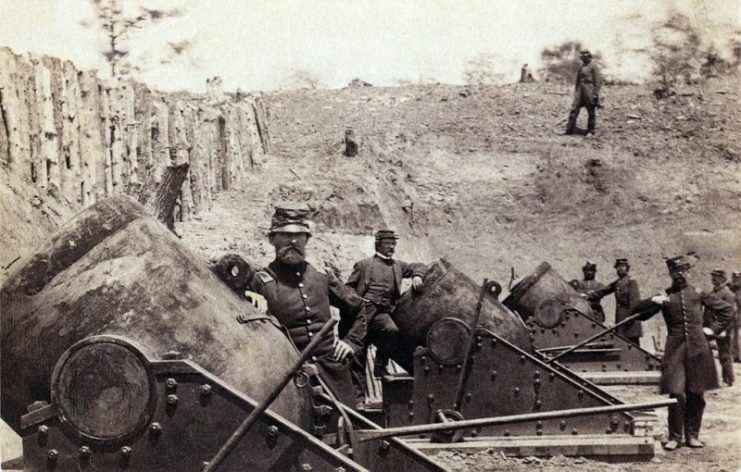
At Antietam, Charley’s regiment was in a support role, stationed near the notorious Cornfield. During this bloody and chaotic battle, however, no one was safe. Amid the ceaseless barrage, one particular Rebel shell soared above the Union men, traveled well beyond the front lines, before raining shrapnel onto the 49th Pennsylvania. Several members of the regiment were hit, including drummer Charley, who was carried to the rear. Three days later, he died.
Charley King was just thirteen, the youngest soldier killed in the Civil War.
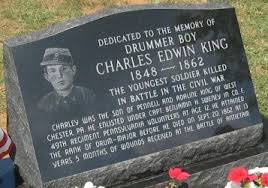
This is one in a series of posts, as guest blogger Justin Martin counts down to the September 17 anniversary of Antietam, still America’s bloodiest day. Martin’s posts will feature little-known episodes he learned about while researching his new book, A Fierce Glory: Antietam—The Desperate Battle That Saved Lincoln and Doomed Slavery (Da Capo Press).
You can order the book here.
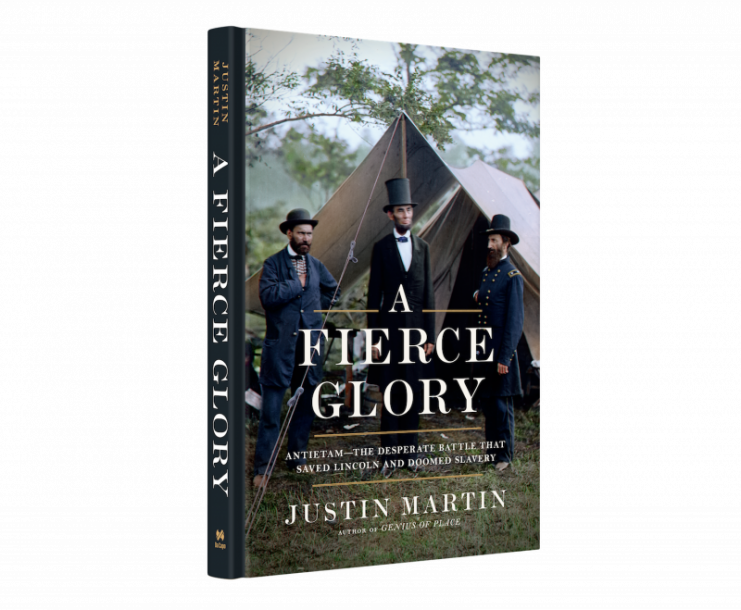
Read another article from us – How a Drunken Colonel Wasted the Gallant 7th Maine at Antietam
Justin Martin will continue to share some special and insightful stories about the Battle of Antietam throughout the week. Please stop by tomorrow to catch the next installment.
